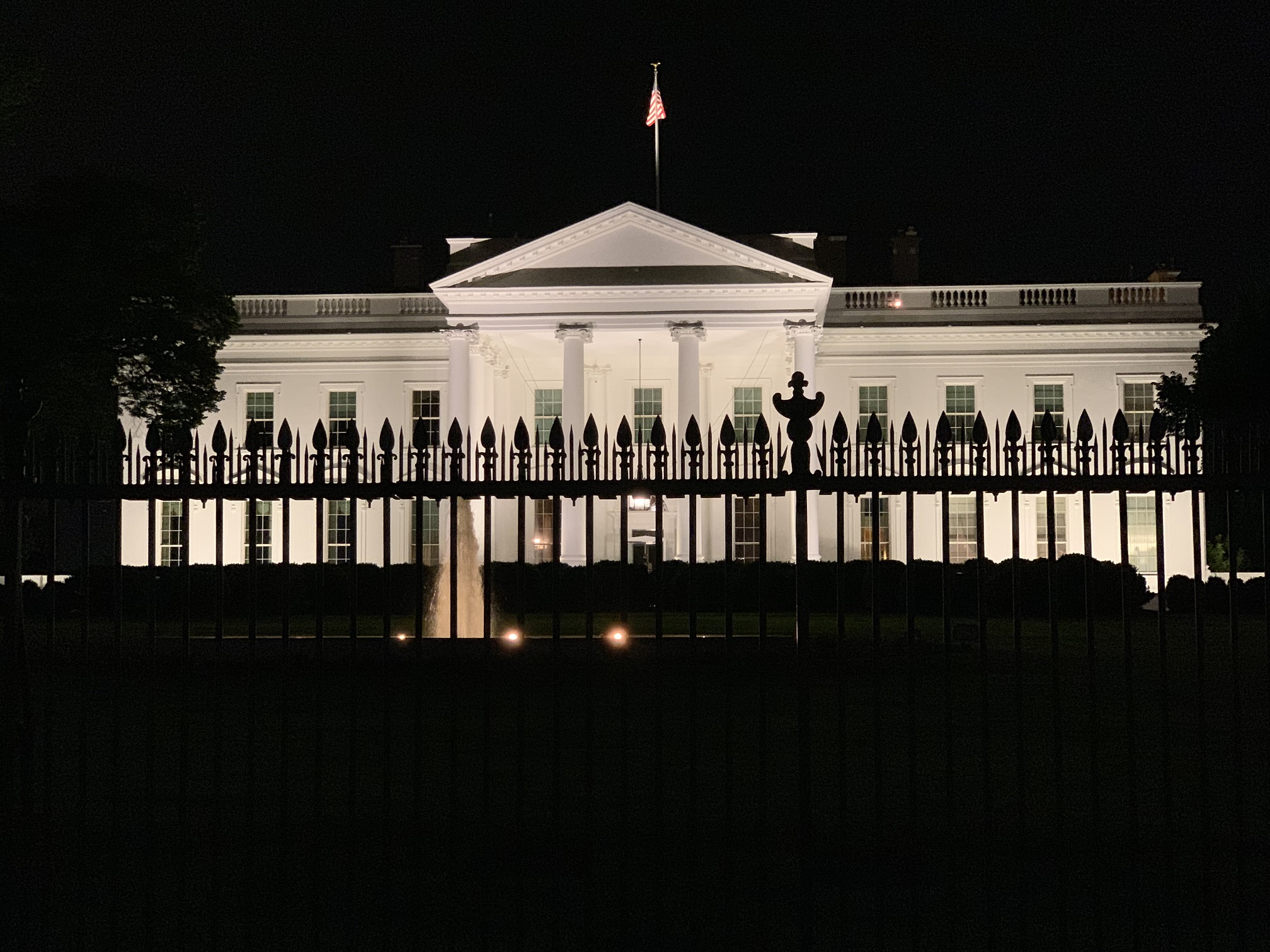Over the last 18 months, election-security advocates have been pushing for new legislation shoring up the nation’s election infrastructure. Election-security reform proposals enjoy significant support among Democrats—who control the House of Representatives—and have picked up some Republican co-sponsors, too.
A bipartisan group of six senators has introduced legislation that would take a huge step toward securing elections in the United States. Called the Secure Elections Act, the bill aims to eliminate insecure paperless voting machines from American elections while promoting routine audits that would dramatically reduce the danger of interference from foreign governments.
The legislation comes on the heels of the contentious 2016 election. Post-election investigation hasn’t turned up any evidence that foreign governments actually altered any votes. However, we do know that Russians were probing American voting systems ahead of the 2016 election, laying the groundwork for what could have become a direct attack on American democracy.
“With the 2018 elections just around the corner, Russia will be back to interfere again,” said co-sponsor Sen. Kamala Harris (D-Calif.).
Ultimately, Congress will likely fail to do anything for a variety of reasons.
“I don’t think there is any likelihood that we are going to move a bill that federalizes more of the election process,” said Sen. Roy Blunt (R-Mo.), a member of the Senate leadership team, last week.
The bottom line here is we know the U.S. election will be attacked in numerous ways. Whether a hacker can get into voting machines in order to change votes is unclear. Moreover, paperless voting will persist for some time to come, if not indefinitely. Even if they are not vulnerable, the perception of tampering in some ways matters more than actual tampering. It is why there is such importance on ensuring there is no foul play in campaigns and the election process.
As a result, cities, states campaign officials and municipalities are on their own and need to be vigilant.
In How to Secure the 2020 Election we explained the biggest threats to voting are Disinformation, Hacking campaign officials and Vote tampering. In it, we suggested some ways the last two can be countered.
In Political Campaign Cybersecurity, we explained the best way for protect campaigns from getting hacked.
Every political campaign needs to realize what is at stake.
The U.S. ranks fifth in the world in election cybersecurity yet is likely the biggest target by far.
We recommend campaign officials read the links above, implement the ideas and stay vigilant.






